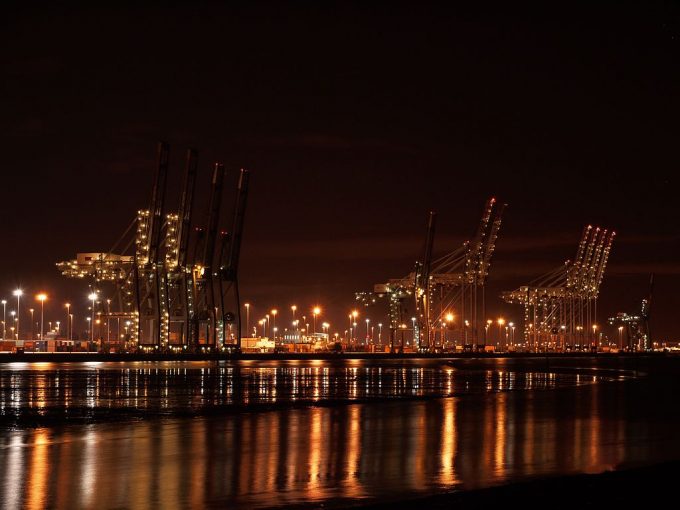Liners cut long-haul sailings, but 'it won't be enough' to stop rates tumbling
MSC and the Ocean and Premier container shipping alliances are withdrawing some transpacific and Asia-Europe ...

More ultra-large container vessels (ULCVs) are likely to be diverted from UK ports as Felixstowe and Southampton struggle to cope with the annual peak season surge, impacting the working programmes at other North European container hubs.
One carrier source that services both ports told The Loadstar all its UK calls would be “under the microscope” this month, due to the worsening quay and landside congestion.
“We can’t afford to have our ships sitting at anchor for days and then being forced to cut and run when ...
Trump tariffs see hundreds of cancelled container bookings a day from Asia
'To ship or not to ship', the question for US importers amid tariff uncertainty
'Chaos after chaos' coming from de minimis changes and more tariffs
Forto 'sharpens commercial priorities' as it lays off one-third of staff
List of blanked transpac sailings grows as trade war heats up and demand cools
EC approves DSV takeover of DB Schenker
'Disastrous' DSV-Schenker merger would 'disrupt European haulage market'
Overcapacity looms for ocean trades – with more blanked sailings inevitable
Amazon Air’s metamorphosis: 'a different air cargo unit from two years ago'
Shippers in Asia restart ocean shipment bookings – but not from China
India withdraws access for Bangladesh transhipments, in 'very harmful' decision
'Tariff hell' leaves industries in limbo – 'not a great environment to plan'

Comment on this article